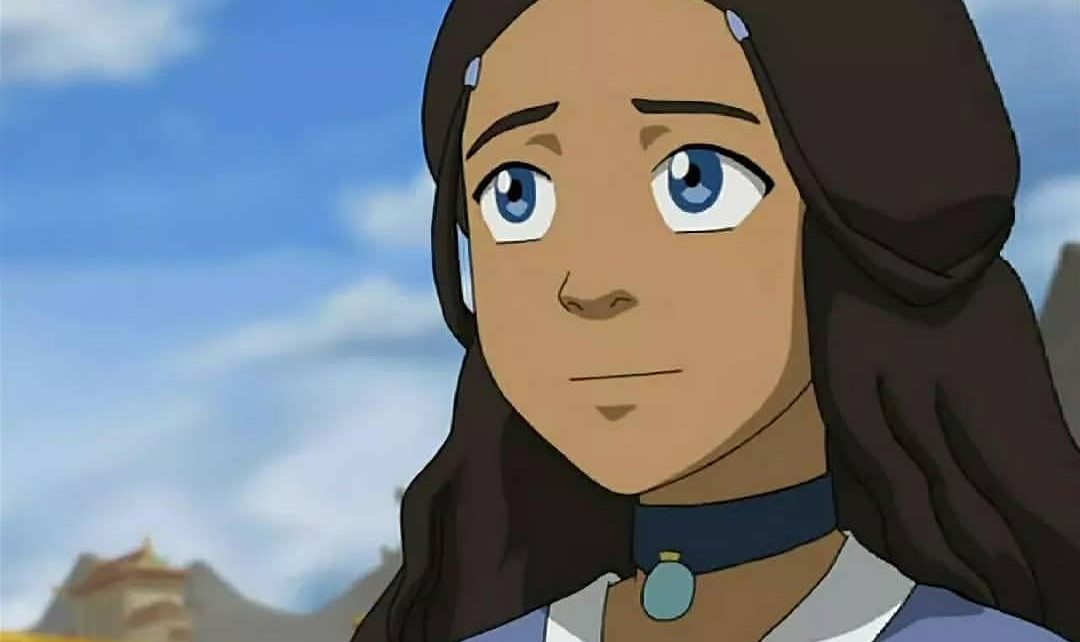Avatar: The Legend of Aang is a well-made animated series by Nickelodeon first aired in 2005. I watched it religiously back then, and to this day it remains my favorite animated series ever. This year, I re-watched Avatar for the fifth time. After these many times, I have come to the realization that Avatar is more than just an animated kids’ show. It has taught me a lot and probably shaped me into who I am today.
That may sound like an exaggeration, but this show always has a special place in my heart. I remember it clearly how my eight-year-old self instantly fell in love with Katara, a Southern Water Tribe water bender. For a little girl, Katara is an amazing girl character with cool hairstyle. Looking back now, I realize Katara was my first feminist icon who inspired me a lot. One of the lessons I’ve learned from her is about women supporting women. Let’s dive in.
In “Book One, The Water Bending Master episode”, Aang, Katara, and her elder sister Sokka (with Appa and Momo) arrives in the Northern Water Tribe to find a water bending master to teach Aang. Katara is also excited because she has wanted to learn the skill too. They meet Master Pakku, the water bending master. Unfortunately, Master Pakku explains that in the Northern Water Tribe, it is forbidden for women to learn water bending. Women in Northern Water Tribe learn from Yugoda to use their water bending to heal others. Katara refuses to accept this tradition. She makes her opinion about this known, shouting: “I don’t want to heal, I want to fight!”
My eight years old self was impressed by how cool Katara was. I did not think much back then, just amazed that Katara wanted to fight instead of to heal. She showed so many young girls that a girl can also fight, and that it is okay to stand up for what you believe is right.
Jumping to the other episode in “Book One, The Deserter”, Aang made his first fire and accidentally burned Katara’s hands. Katara cried while running away from Sokka and Aang. She tried to cool her burned hands in the water. Suddenly, the water around her hands glowed and heals herself. Katara possesses the healing ability, with water as the catalyst. Later, she uses her healing ability to help other characters in various times.
Back then I was confused when I saw Katara began helping others using her healing ability, having insisted she didn’t want to heal before. Yes, helping others is a good thing to do, but to me she sounded like a hypocrite to be doing something she had earlier refused to do.
Also read: An Open Letter to Bu Susi: We Still Need to Talk About Women
Today I realized I was wrong. While she has said that she wants to fight and not healing others, she has never said that healing others is a bad choice. She respects those who choose to heal instead of fight. When Katara meet Yugoda in the healing class, she never disrespects the latter. Katara knows exactly what she wants: to fight and end the war. She chooses to fight since she is aware of her own power. Katara feels like she can do more than healing, so why not? Still, when she finds out about her healing ability, she decides to help others as well. In “Book Three, The Painted Lady” episode, Katara says that she will never ever turn her back on the people who need her.
Katara is my true role model when it comes to choosing what I want to do and not looking down on other girls who choose something different from me. I noticed how some women look down on other women just because they choose to do something they love, but different from the others. This has led to unnecessary debates over career women vs housewives, getting married vs not getting married, or choosing to be married at a young age vs later. Even argument over the kind of clothes are better to wear.
I am not special or different only because I choose to do something that I want. I am not better than any girls just because I choose to pursue my study and focus on my career. I choose mine since I understand my capability, though I am not as gifted as Katara. Personally, for me, women can do whatever they want to do without looking down on other women who take different paths in life. As long as they are happy with their decision and not hurting anyone, we should support each other.
We should stop disrespecting other women’s decisions for the sake of meeting our idealistic and utopic standard. She is happily single, she is happily married, she is happily working, she is happily cooking for her husband – they are all good. We should learn from Katara that women have the freedom to choose whatever they love and want to do without mocking other women’s choices.
“Women support women” should be more than just a phone’s lock screen or a tumblr quote.







Comments